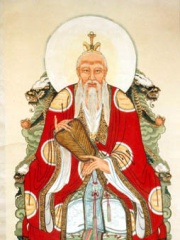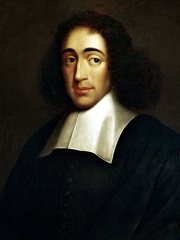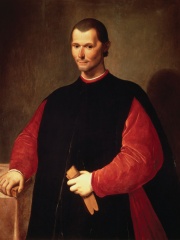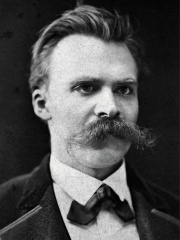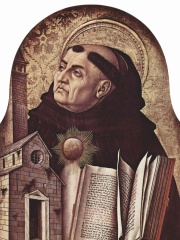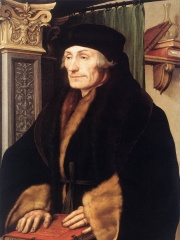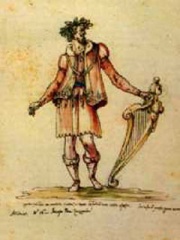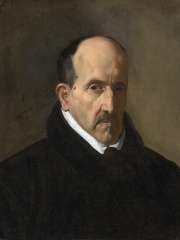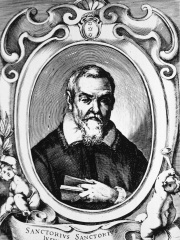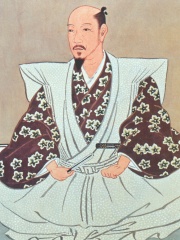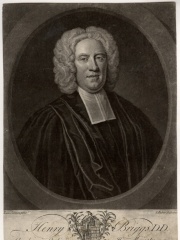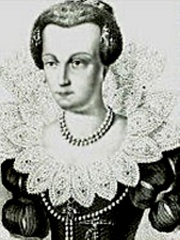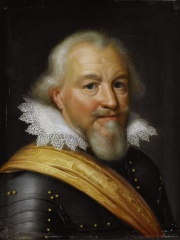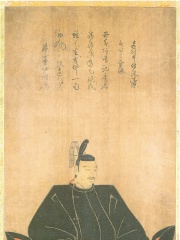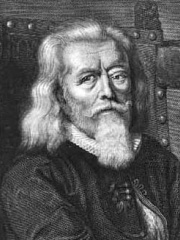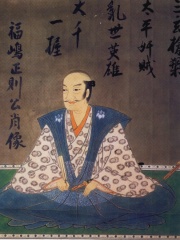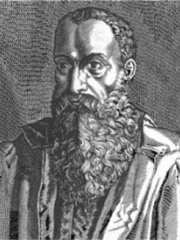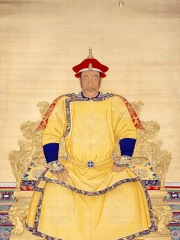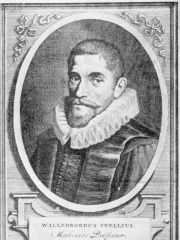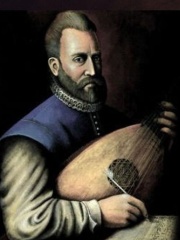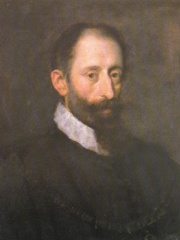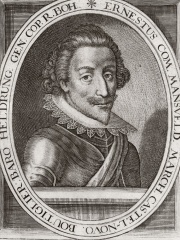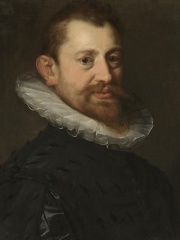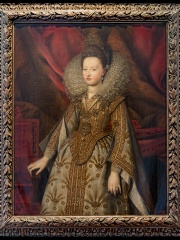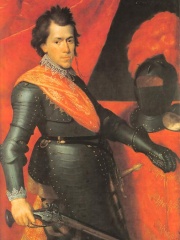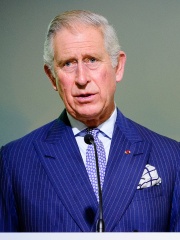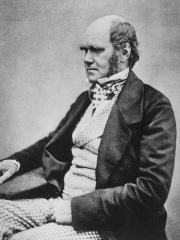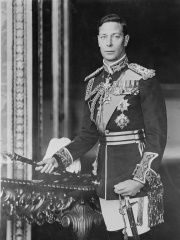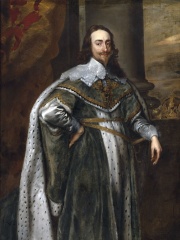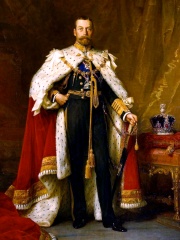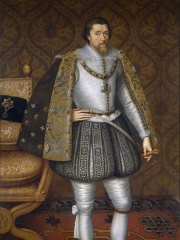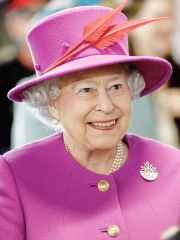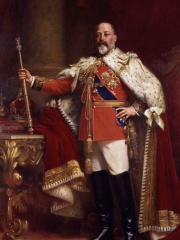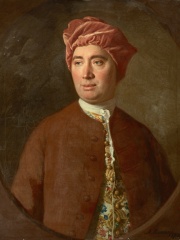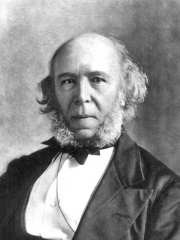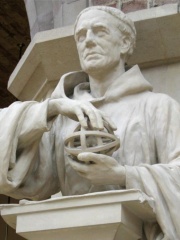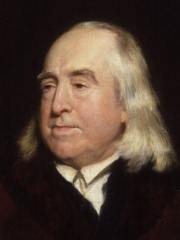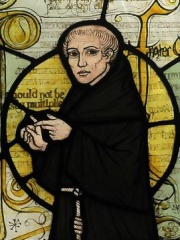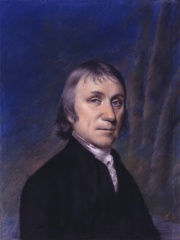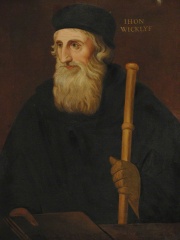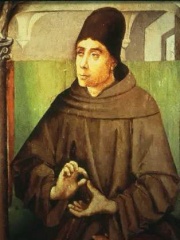Philosopher
Francis Bacon
1561 - 1626
EN.WIKIPEDIA PAGE VIEWS (PV)
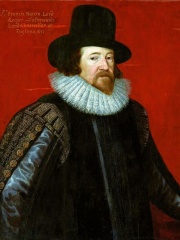
 Francis Bacon
Francis Bacon
His biography is available in 116 different languages on Wikipedia. Francis Bacon is the 15th most popular philosopher (up from 16th in 2024), the 9th most popular biography from United Kingdom (down from 8th in 2019) and the most popular British Philosopher.
Francis Bacon was a philosopher and scientist who is most famous for his work Novum Organum, which was published in 1620. Bacon's work was an attempt to reform the way that knowledge is gained and used.
Memorability Metrics
Page views of Francis Bacon by language
Among Philosophers
Among philosophers, Francis Bacon ranks 15 out of 1,267. Before him are Avicenna, Laozi, Jean-Jacques Rousseau, Baruch Spinoza, Niccolò Machiavelli, and Augustine of Hippo. After him are Friedrich Nietzsche, Thales of Miletus, Heraclitus, Thomas Aquinas, Diogenes, and Erasmus.
Most Popular Philosophers in Wikipedia
Go to all RankingsAvicenna
980 - 1037
HPI: 92.05
Rank: 9
Laozi
604 BC - 600 BC
HPI: 91.85
Rank: 10
Jean-Jacques Rousseau
1712 - 1778
HPI: 91.27
Rank: 11
Baruch Spinoza
1632 - 1677
HPI: 90.63
Rank: 12
Niccolò Machiavelli
1469 - 1527
HPI: 90.45
Rank: 13
Augustine of Hippo
354 - 430
HPI: 90.39
Rank: 14
Francis Bacon
1561 - 1626
HPI: 90.32
Rank: 15
Friedrich Nietzsche
1844 - 1900
HPI: 90.17
Rank: 16
Thales of Miletus
623 BC - 546 BC
HPI: 89.06
Rank: 17
Heraclitus
535 BC - 470 BC
HPI: 89.05
Rank: 18
Thomas Aquinas
1225 - 1274
HPI: 88.70
Rank: 19
Diogenes
404 BC - 322 BC
HPI: 88.38
Rank: 20
Erasmus
1466 - 1536
HPI: 88.33
Rank: 21
Contemporaries
Among people born in 1561, Francis Bacon ranks 1. After him are Jacopo Peri, Luis de Góngora, Santorio Santorio, Katō Kiyomasa, Henry Briggs, Anna Maria of the Palatinate, John VII, Count of Nassau-Siegen, Ii Naomasa, Thomas Fincke, Fukushima Masanori, and Adriaan van Roomen. Among people deceased in 1626, Francis Bacon ranks 1. After him are Nurhaci, Willebrord Snellius, John Dowland, William V, Duke of Bavaria, Ernst von Mansfeld, Adriaen de Vries, Paul Bril, Marino Ghetaldi, Pietro Cataldi, Isabella of Savoy, and Christian the Younger of Brunswick.
Others Born in 1561
Go to all RankingsFrancis Bacon
PHILOSOPHER
1561 - 1626
HPI: 90.32
Rank: 1
Jacopo Peri
COMPOSER
1561 - 1633
HPI: 75.40
Rank: 2
Luis de Góngora
WRITER
1561 - 1627
HPI: 70.93
Rank: 3
Santorio Santorio
PHYSICIAN
1561 - 1636
HPI: 70.32
Rank: 4
Katō Kiyomasa
POLITICIAN
1561 - 1611
HPI: 67.45
Rank: 5
Henry Briggs
MATHEMATICIAN
1561 - 1630
HPI: 67.12
Rank: 6
Anna Maria of the Palatinate
COMPANION
1561 - 1589
HPI: 65.91
Rank: 7
John VII, Count of Nassau-Siegen
POLITICIAN
1561 - 1623
HPI: 64.55
Rank: 8
Ii Naomasa
POLITICIAN
1561 - 1602
HPI: 63.20
Rank: 9
Thomas Fincke
MATHEMATICIAN
1561 - 1656
HPI: 62.33
Rank: 10
Fukushima Masanori
MILITARY PERSONNEL
1561 - 1624
HPI: 61.99
Rank: 11
Adriaan van Roomen
MATHEMATICIAN
1561 - 1615
HPI: 61.25
Rank: 12
Others Deceased in 1626
Go to all RankingsFrancis Bacon
PHILOSOPHER
1561 - 1626
HPI: 90.32
Rank: 1
Nurhaci
POLITICIAN
1559 - 1626
HPI: 77.12
Rank: 2
Willebrord Snellius
MATHEMATICIAN
1580 - 1626
HPI: 71.45
Rank: 3
John Dowland
MUSICIAN
1563 - 1626
HPI: 70.65
Rank: 4
William V, Duke of Bavaria
POLITICIAN
1548 - 1626
HPI: 67.65
Rank: 5
Ernst von Mansfeld
MILITARY PERSONNEL
1580 - 1626
HPI: 67.10
Rank: 6
Adriaen de Vries
SCULPTOR
1556 - 1626
HPI: 65.46
Rank: 7
Paul Bril
PAINTER
1556 - 1626
HPI: 64.64
Rank: 8
Marino Ghetaldi
MATHEMATICIAN
1568 - 1626
HPI: 64.45
Rank: 9
Pietro Cataldi
MATHEMATICIAN
1552 - 1626
HPI: 64.05
Rank: 10
Isabella of Savoy
POLITICIAN
1591 - 1626
HPI: 63.87
Rank: 11
Christian the Younger of Brunswick
POLITICIAN
1599 - 1626
HPI: 63.69
Rank: 12
In United Kingdom
Among people born in United Kingdom, Francis Bacon ranks 9 out of NaN. Before him are Henry VIII (1491), Adam Smith (1723), William Shakespeare (1564), Charles III (1948), Charles Darwin (1809), and George VI (1895). After him are Charles I of England (1600), Charlie Chaplin (1889), George V (1865), James VI and I (1566), Elizabeth II (1926), and Edward VII (1841).
Others born in United Kingdom
Go to all RankingsHenry VIII
NOBLEMAN
1491 - 1547
HPI: 94.65
Rank: 3
Adam Smith
ECONOMIST
1723 - 1790
HPI: 92.99
Rank: 4
William Shakespeare
WRITER
1564 - 1616
HPI: 92.59
Rank: 5
Charles III
NOBLEMAN
1948 - Present
HPI: 91.70
Rank: 6
Charles Darwin
BIOLOGIST
1809 - 1882
HPI: 91.48
Rank: 7
George VI
POLITICIAN
1895 - 1952
HPI: 90.71
Rank: 8
Francis Bacon
PHILOSOPHER
1561 - 1626
HPI: 90.32
Rank: 9
Charles I of England
POLITICIAN
1600 - 1649
HPI: 89.90
Rank: 10
Charlie Chaplin
ACTOR
1889 - 1977
HPI: 89.85
Rank: 11
George V
POLITICIAN
1865 - 1936
HPI: 89.85
Rank: 12
James VI and I
POLITICIAN
1566 - 1625
HPI: 89.83
Rank: 13
Elizabeth II
NOBLEMAN
1926 - 2022
HPI: 89.72
Rank: 14
Edward VII
NOBLEMAN
1841 - 1910
HPI: 89.68
Rank: 15
Among Philosophers In United Kingdom
Among philosophers born in United Kingdom, Francis Bacon ranks 1. After him are John Locke (1632), Thomas Hobbes (1588), David Hume (1711), Thomas More (1478), Herbert Spencer (1820), Roger Bacon (1220), Jeremy Bentham (1748), William of Ockham (1285), Joseph Priestley (1733), John Wycliffe (1324), and Duns Scotus (1265).
Francis Bacon
1561 - 1626
HPI: 90.32
Rank: 1
John Locke
1632 - 1704
HPI: 87.94
Rank: 2
Thomas Hobbes
1588 - 1679
HPI: 85.75
Rank: 3
David Hume
1711 - 1776
HPI: 83.28
Rank: 4
Thomas More
1478 - 1535
HPI: 81.52
Rank: 5
Herbert Spencer
1820 - 1903
HPI: 80.25
Rank: 6
Roger Bacon
1220 - 1292
HPI: 78.55
Rank: 7
Jeremy Bentham
1748 - 1832
HPI: 78.36
Rank: 8
William of Ockham
1285 - 1347
HPI: 77.99
Rank: 9
Joseph Priestley
1733 - 1804
HPI: 76.90
Rank: 10
John Wycliffe
1324 - 1384
HPI: 76.81
Rank: 11
Duns Scotus
1265 - 1308
HPI: 76.64
Rank: 12

